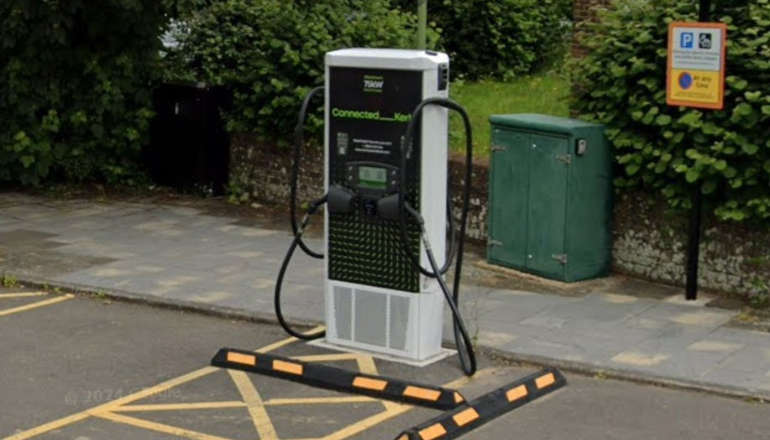
More than 550 new electric vehicles charging points will have been installed across West Sussex by March.
The details were shared during a county council scrutiny committee meeting on Monday (January 20).
In November 2021, the council, along with district and boroughs across the county, signed a contract with Connected Kerb to deliver the charging points both on-street and in council-owned car parks.
Two phases of work have been carried out, with the third still ongoing – 108 charging points across 38 locations are scheduled for installation in February, and 106 across another 38 locations should be installed by the beginning of March.
Each charging point contains two sockets, making a total of 1,128 sockets across the county.
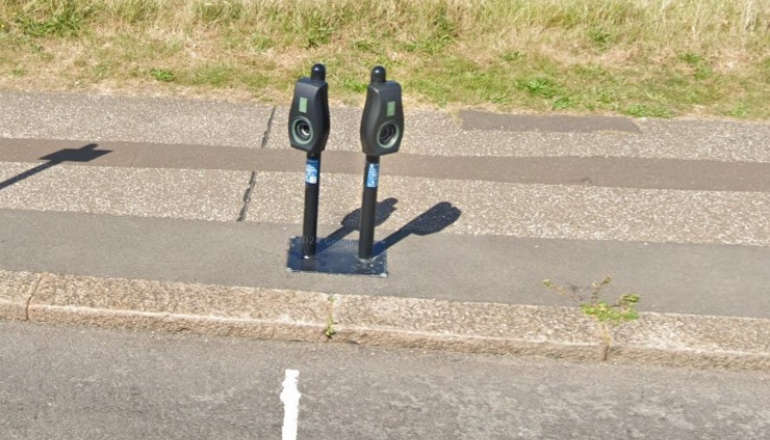
Chris Pateman-Jones, CEO Connected Kerb, said:
“The sockets that have gone in mean that West Sussex has probably the highest density of charging points of any of the county councils that we’re aware of across the UK – certainly the biggest in our portfolio.
"And we are, aside from Shell, the largest charging network in the UK.
“West Sussex has achieved an awful lot by moving pretty quickly on this.”
Other than those in car parks, the charging points have been focussed largely on streets that don’t have driveways, so residents can’t install one on their own property – they are not aimed at travellers passing through but at the people who live in each area.
Looking at the usage of the sockets, the committee was told that, at the moment, there are more charging points than needed.
But Mr Pateman-Jones said West Sussex was ‘performing slightly better than the rest of the network’ when it came to usage.
Despite this, usage is still relatively low – but that will change as more and more electric vehicles hit the roads.
He added:
“You have to invest ahead of the curve. This is why grant funding exists to support these investments.”
That grant funding has seen just over £5.2m given to West Sussex by the Office of Zero Emission Vehicles. This was on top of £1.8m from the government’s On-Street Residential Chargepoint Scheme.
As for the cost of charging your electric car, Mr Pateman-Jones refuted claims that petrol was cheaper.
He told the committee that charging on the streets was ‘significantly cheaper’ than petrol or diesel (43p to 53p per kWh). But only charging with rapid and ultra-rapid chargers would cost much more (70p to 80p per kWh).

 East Sussex Councillors Support Plastic Free Campaign
East Sussex Councillors Support Plastic Free Campaign
 Brighton Taxpayers Will Take On i360 Loan Burden
Brighton Taxpayers Will Take On i360 Loan Burden
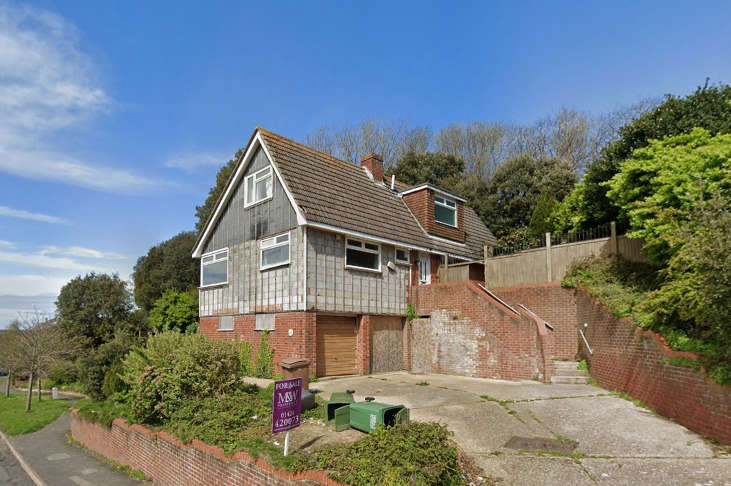 East Sussex Charity Seeks Permission To Create Shared Housing Scheme
East Sussex Charity Seeks Permission To Create Shared Housing Scheme
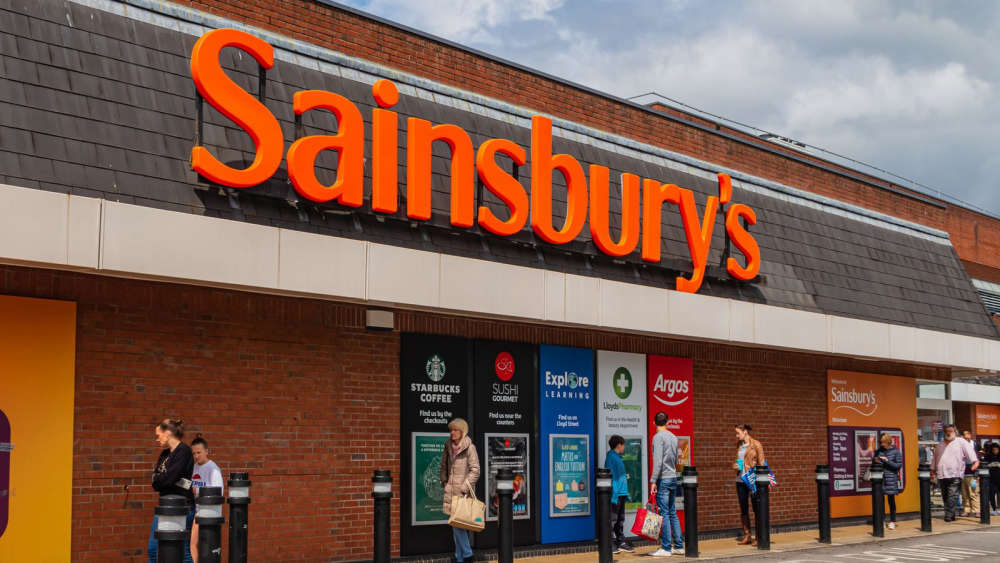 Sussex Sainsbury's Cafés Set To Close As Part Of Supermarket Cuts
Sussex Sainsbury's Cafés Set To Close As Part Of Supermarket Cuts
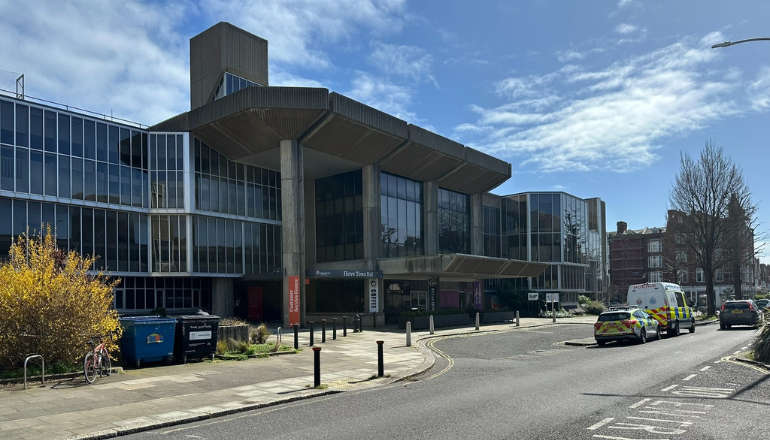 National Insurance Rise To Hit Council Budget
National Insurance Rise To Hit Council Budget
Comments
Add a comment